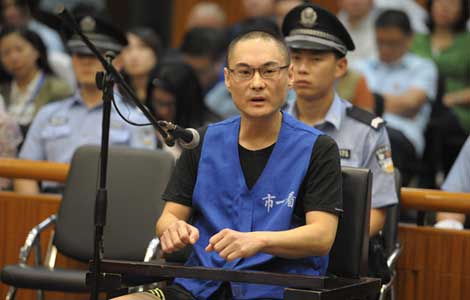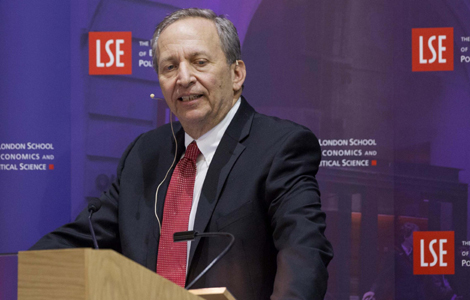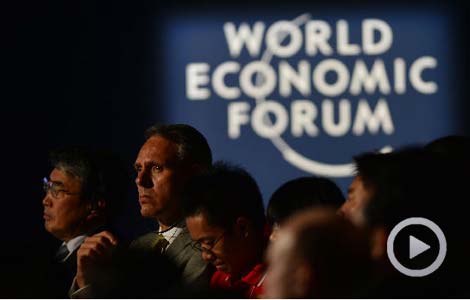From outside China, the Bo Xilai trial looks like the Chinese news event of the year, one of the preoccupations of Western media, along with corporate corruption and the clampdown on American and European companies. Yet these issues are no more than sideshows to the most important economic event of recent times, the unveiling and ratification of a major program for reforms for the next decade, which will occur at the Chinese government's third plenum in November. The reforms promise to bring another great leap forward in China's dramatic ascent.
Chinese officials will reveal how long China will need to make the transition from an investment-led, middle-income country to an innovative, consumer-driven, high-income one - and thus when it will become the world's largest economy. Can China circumvent what we know as "the middle-income trap" that has for decades denied high-income status for Latin America and Asian countries like Malaysia and Thailand?
The challenges that China's new leadership faces in pushing for rising levels of innovation, entrepreneurship and skills will be the main discussion points this week at the New Champions summit in Dalian, China, organized by the World Economic Forum under the leadership of executive chairman Klaus Schwab. The summit recognizes the important truth that China's degree of success will determine global growth: it will determine whether the twenty-first century will be the Asian century, and whether by mid-century Asia - which not long ago represented just 10 percent of the world economy - will represent half or just a third.
On paper the November plenum of the 18th party committee is just the latest in a sequence of party events that celebrate China's new leadership. Yet it is the culmination of a carefully planned process of deliberation on reforms. It started with the Central Work conference last year, the second plenum in March, the National People's Conference in June and, most recently, this summer's brainstorming session at the seaside Beidaihe retreat. Historically, third plenums have turned out to be much more than run-of-the mill events. At the third plenum of the 11th party committee in 1978, Deng Xiaoping launched the market reforms that set China on its industrial course to becoming the world's second-largest economy. During the third plenum of the 14th committee in 1993, under Zhu Rongji, Chinese leadership ratified a "socialist market approach" of combining markets and state decisions, which led to an unprecedented era of industrial growth.

 Thirteen dead in US Navy Yard shooting
Thirteen dead in US Navy Yard shooting
 Exporters to face more trade friction
Exporters to face more trade friction
 Toddler-death defendant says he meant no harm
Toddler-death defendant says he meant no harm
 Watchdog bites with no favor
Watchdog bites with no favor
 Miss New York crowned 2014 Miss America
Miss New York crowned 2014 Miss America
 Summers withdraws from Fed chair contest
Summers withdraws from Fed chair contest
 Scientists make land arable again
Scientists make land arable again
 Stranded cruise guests flown home
Stranded cruise guests flown home













